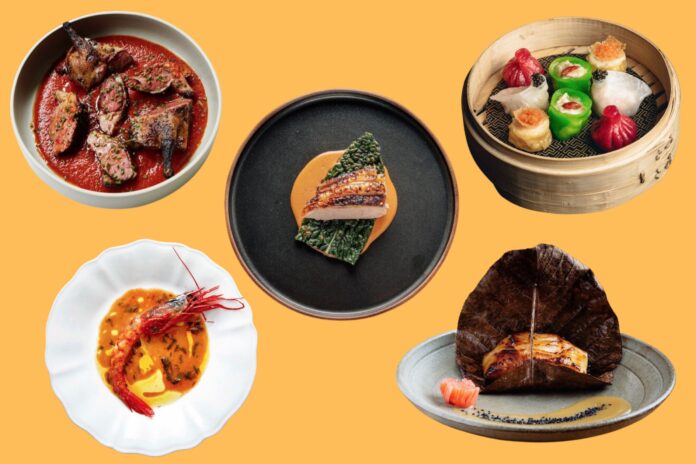Sure, we could debate whether any oil could truly be considered ‘healthy’ or ‘unhealthy’ until the cows come home, bringing with them their delicious butter and turning all our heads. But what is certain is that not all cooking oils were created equal, and some are certainly healthier than others.
‘Healthy’ can, of course, mean different things to different people, but in many cases, it’s actually the way in which cooking oils respond to heat that helps us define how good (or at least, not bad) they are for you.
This is because, as the Heathline explains, when oils reach their smoke point, they begin to break down, oxidising and releasing free radicals, which can be harmful to our health. So, the first thing you want to look for in a ‘healthy’ cooking oil is a high smoke point.
The process in which the oil has been extracted matters, too. Virgin oils are those which have been extracted without the use of (often harmful) chemicals, ideally being cold-pressed, with extra virgin being the very most pure in that respect. Refined oils that have been thoroughly processed should be avoided where possible.
Finally, an oil’s chemistry and composition is essential to determining where on the ‘healthy’ spectrum it falls. Generally speaking, oils that are sources of monounsaturated and polyunsaturated fats are significantly better for us than those that are saturated. Olive oil, for instance, is high in monounsaturated fats.
On the flip side, you’ll find plenty of the saturated stuff in butter. An easy (and admittedly, simplistic) way to remember which fats might be healthier is that saturated fats tend to be solid at room temperature, whilst monounsaturated are liquid. The latter, generally speaking, is preferable.
Everything in moderation, of course, but with smoke point, extraction method, chemical composition, nutritional value and deliciousness in mind, here are some of the most healthy and versatile cooking oils.
Rapeseed Oil
In the last decade and a half, rapeseed oil has experienced a huge surge in popularity in the UK, powered in part by its fabulous flavour, but also because of its reported health benefits.
It has less unhealthy saturated fat than most other cooking oils, and it’s also full of antioxidants, vitamin E and omega-3 and omega-6, meaning it can have a positive impact on everything from your skin and eyes to your heart, when enjoyed in moderation.
Rapeseed oil is highly versatile, being used for roasting and frying (it has a high smoke point), and salad dressings, in particular.
On top of plain rapeseed oil, you can get cold-pressed, extra virgin rapeseed oils ideal for salad dressings, and infused rapeseed oils to really enhance your cooking if you’re keen to add some new flavours to the mix. It is made from the seeds of rapeseed plants and is one of the only oils grown and produced in the UK, making it a sustainable choice, too.
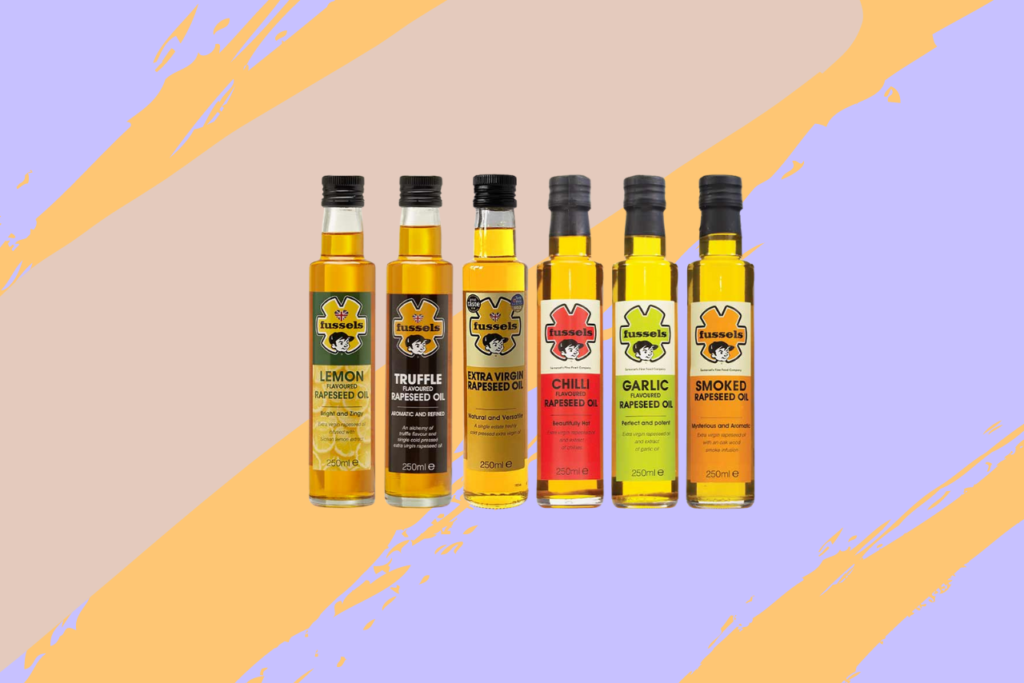
Olive Oil
Olive oil is almost certainly what first comes to mind when you think of healthy fats. And the rumours are true; it is, by all accounts, the healthiest oil, full of monounsaturated fats and containing plenty of antioxidants, which may reduce your risk of chronic conditions. These antioxidants are also considered to have anti-inflammatory properties. Another benefit that olive oil is often linked with concerns heart health; what’s not to love?
For cooking, ‘regular’ olive oil is perhaps a better choice, its relative high smoke point a result of it being refined. Extra virgin olive oil loses some of its highly-prized flavour compounds when heated, so it’s best to reserve the high quality stuff for salad dressings and that final little drizzle over a bowl of pasta. In such instances, it has to be one of the tastiest ingredients on the planet.
To be warned; as the Artisan Olive Oil Company report, extra virgin olive oil is one of the most frequently counterfeited food products in the world, with some estimates suggesting up to 80% of what’s sold as ‘extra virgin’ may be adulterated or mislabeled. To ensure you’re getting the real deal, it’s crucial to buy from reputable suppliers who can trace their oil back to specific orchards and harvest dates.
Anyway, another great thing about olive oil is that it is the backbone of the fabled Mediterranean diet, and pairs so beautifully with fresh vegetables, fish, beans, pulses and wholegrains, which we all need more of in our diet. The perfect excuse to eat more? We’re sold!
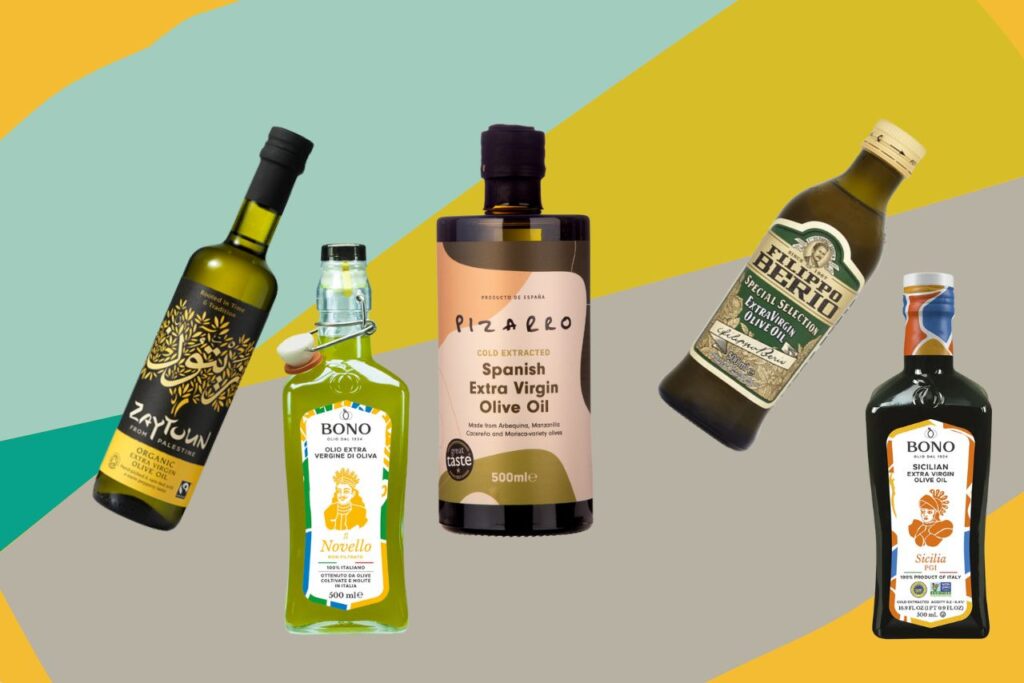
Avocado Oil
Avocado oil, pressed from the beloved brunch fruit, is another popular choice for a healthy and versatile cooking oil, boasting a higher smoke point than olive oil alongside reported benefits for the cardiovascular system.
That said, it can be rather expensive, and with a scrutinising spotlight currently shining on our excessive avocado consumption and the harmful social and environmental aspects of producing the fruit, this might not be the most sustainable oil choice, even if it is a healthy one.
When it comes to buying avocado oil, make sure you choose brands that use smaller, organic farms, as these are usually more sustainable. Also, like other purchases, make sure you look out for the Fairtrade label.
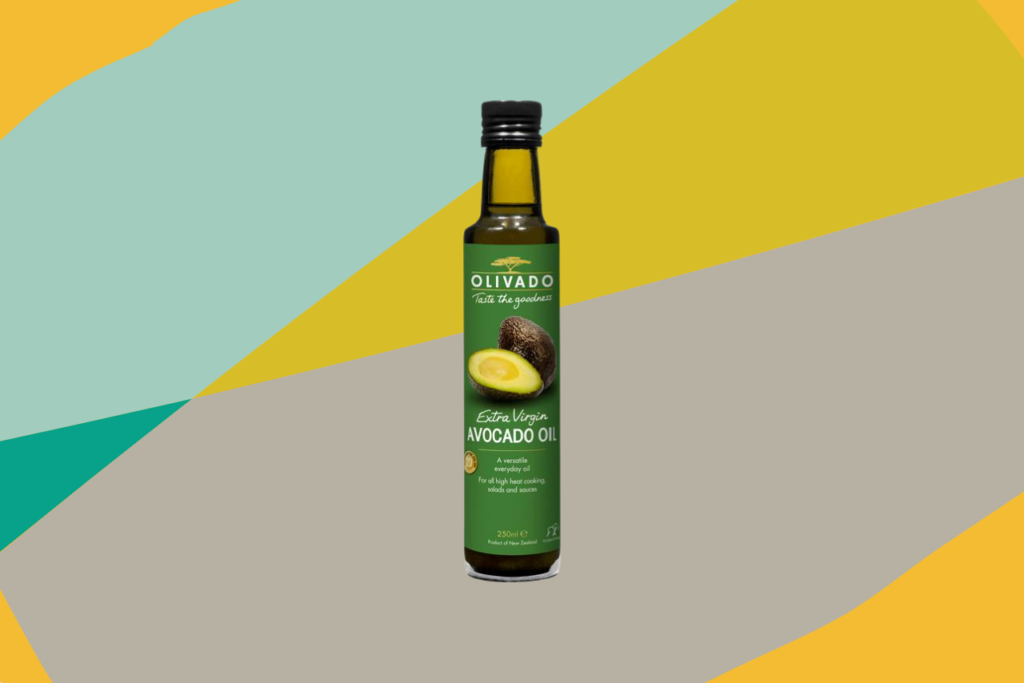
Coconut Oil
Although it’s high in saturated fat (note that it’s solid at room temperature) coconut oil is considered by some to be a smart option, not only as a healthy cooking oil, but also skin and hair care.
However, is it really a healthy option? As with olive oil, you can get virgin coconut oil, which increases the quality and amounts of nutrients, such as vitamin E, and polyphenols, which boast antioxidant and antimicrobial properties. Coconut oil also contains lots of medium-chain fatty acids, which may, according to some studies, promote weight loss.
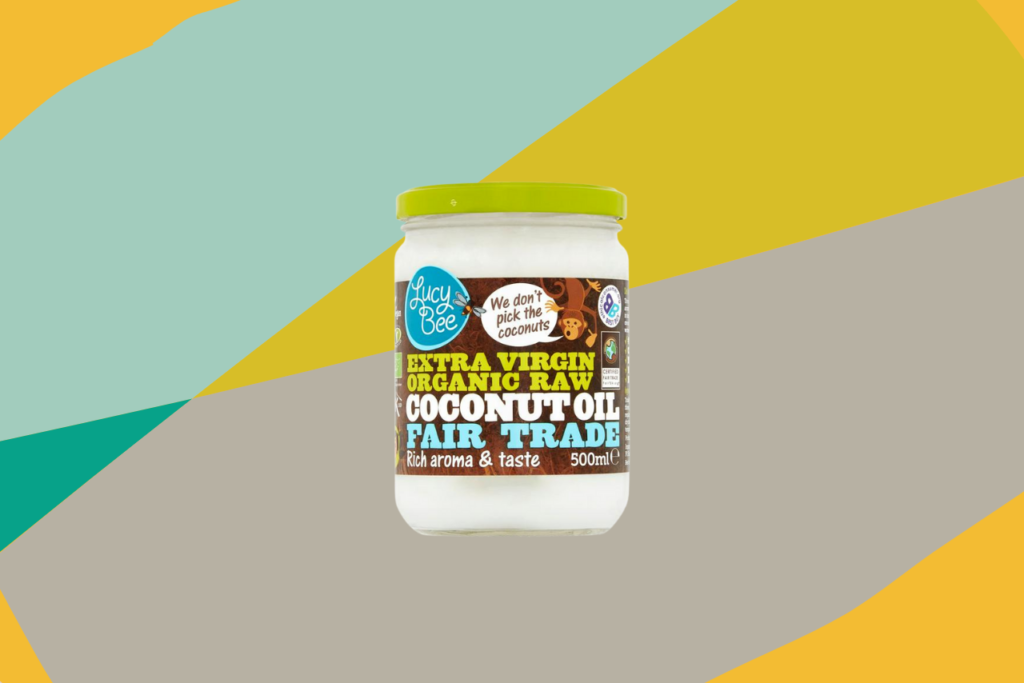
Although highly popular, delicious, and versatile, the fact it’s saturated means coconut oil can boost cholesterol. And as with all saturated fats, there is an increased risk of heart disease with excessive consumption.
Accordingly, with doubt cast over its reported health benefits, coconut oil is one that should be enjoyed only in moderation, though we wouldn’t want to deny anyone the occasional massaman curry, that’s for sure.



